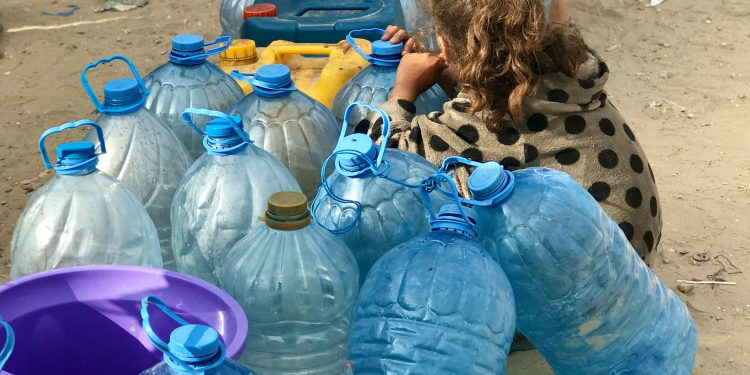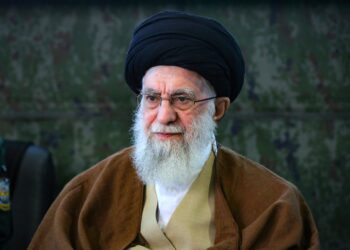Is Gaza really in famine? UN and Israel clash over report as the global hunger monitor, Integrated Food Security Phase Classification (IPC), declared Gaza City and surrounding areas to be officially in famine. According to the IPC, close to a quarter of Palestinians in Gaza, about 514,000 people are in famine, with the number projected to rise to 641,000 by the end of September.
This declaration has immediately raised alarm across the world. But it has also raised doubts. Israel has strongly rejected the report, insisting it is exaggerated and politically motivated. The question therefore remains: are Gazans truly starving, or is the narrative being twisted?
UN Defends Gaza Famine Report
The UN’s humanitarian chief, Tom Fletcher, stood firmly by the assessment, stating: “It is a famine that we could have prevented had we been allowed. Yet food stacks up at borders because of systematic obstruction by Israel.”
The UN Secretary-General, Antonio Guterres, went even further, calling the Gaza famine a “man-made disaster, a moral indictment, and a failure of humanity itself.”

For the UN, the evidence is clear: large parts of Gaza are in famine, children are acutely malnourished, and people are dying from hunger. According to the IPC rules, for a region to be classified as in famine, at least 20% of people must face extreme food shortages, one in three children must be acutely malnourished, and two people out of every 10,000 must die daily from starvation or related disease. The UN says Gaza fits this description.
Israel Rejects the Gaza Famine Label
But Israel has pushed back hard. Prime Minister Benjamin Netanyahu dismissed the famine report as an “outright lie” and even called it a “modern blood libel.” Israel’s COGAT agency, which oversees aid flows into Gaza, also rejected the findings, claiming that the IPC relied on partial data provided by Hamas.
According to Israel, the report deliberately ignored a recent influx of food into Gaza. Officials argue that while the situation is difficult, famine is a gross exaggeration designed to vilify Israel. “The IPC report is not only biased but also serves Hamas’ propaganda campaign,” COGAT said in its statement.
This sharp rejection exposes the heart of the debate: Is Gaza really in famine, or is the UN overstating the crisis?
Is Gaza Really in Famine or Is It Exaggerated?
The reality on the ground is hard to verify because independent access is limited. UN agencies insist that the conditions meet the famine threshold. But Israel insists that while people may be struggling, widespread starvation is not happening at the scale described.
What makes this report controversial is that it is the first time the IPC has ever declared famine outside Africa. Past famine classifications were in Somalia, South Sudan, and Sudan. Now Gaza joins that list and not everyone is convinced the comparison is accurate.
The Political Fallout of the Gaza Famine Report
Britain described the situation as “utterly horrifying” and blamed Israel for blocking aid. Foreign Secretary David Lammy said: “The Israeli government’s refusal to allow sufficient aid into Gaza has caused this man-made catastrophe. This is a moral outrage.”
Meanwhile, the U.S. faces pressure at home. A Reuters/Ipsos poll revealed that 65% of Americans believe their country should help starving Gazans. This is worrying for Israel, which relies heavily on U.S. diplomatic and military support. Even U.S. President Donald Trump recently admitted that “many people there were starving,” putting him at odds with Netanyahu’s denials.
Hunger or Politics?
The UN insists children are dying from hunger and that this famine could have been prevented. Israel insists it is being unfairly accused, and that the report is exaggerated propaganda designed to protect Hamas.
Whether Gaza is truly in famine or not, what is certain is that ordinary civilians are caught in the middle of a brutal war, with food, water, and medicine turned into tools of politics. And while leaders trade words, the question that still hangs in the air is the one every ordinary person wants answered: are Gazans genuinely starving, or is the famine narrative another battlefield in this long and bitter conflict?

















